News
The healthcare staffing shortage threatens America’s healthcare facilities.
As a healthcare staffing industry leader, MedPro plays an indispensable role in closing the gap.
Click below to explore recent coverage of the staffing shortage, MedPro’s solutions, and more.
Trump's new $100K visa fee could pummel red state hospitals
Rural areas that overwhelmingly voted for the president employ a high concentration of doctors on H-1B visas.
McKinsey Health Institute: Heartbeat of health: Reimagining the healthcare workforce of the future
Closing the healthcare worker shortage gap could eliminate 7 percent of the global disease burden and add $1.1 trillion to the global economy. Over the last century, people have lived longer, yet the portion of life spent in poor health remains unchanged, resulting in more years battling chronic and infectious diseases.1 Individuals face a growing reality: Access to healthcare professionals when one is sick, elderly, or in pain can no longer be taken for granted.
That is because a global shortage of at least ten million healthcare workers is expected in 2030, according to the World Health Organization, with upper estimates over 78 million. Without enough healthcare workers to deliver care, fewer people have access to services that save lives and improve quality of life.
LabManager: Addressing the Lab Technologist Shortage through Innovation and Collaboration
A multi-faceted approach—incorporating innovation, enhanced safety measures, and continuous education—can help build a resilient workforce to meet future challenges.
The healthcare industry is currently facing a significant shortage of laboratory techs, a crisis exacerbated by a pre-pandemic retirement cliff, post-pandemic burnout, and increased safety concerns (e.g., exposure to infectious agents as well as chemical and biological hazards).
This shortage has profound implications for patient care, operational efficiency, the ability to effectively respond to public health crises, and healthcare costs. The bottom line is lab professionals are invaluable in helping healthcare providers (HCPs) make timely and effective treatment decisions for patients, underscoring the urgency of tackling this issue through a collaborative, multi-faceted approach.
SIA: Fastest Growing Staffing Firms: MedPro Healthcare Staffing
Staffing Industry Analysts (SIA) published a report on MedPro detailing the full range of comprehensive staffing solutions that MedPro provides to healthcare facilities across America. Touching on the personal support that MedPro offers our international nurses as well as our strong emphasis on community involvement and giving back, SIA’s writeup gives a powerful snapshot of everything that makes Medpro a leader in the fight to strengthen America’s healthcare system and build healthier communities.
SIA reports, “MedPro sources nurses and medical technologists primarily from other English-speaking regions such as Kenya, the Philippines, Jamaica, the Caribbean islands, Canada, Australia and the Middle East…Nurses sourced by MedPro are the equivalent of an RN and have an average of seven years of experience when they arrive in the US.”
KFF: The Growing Role of Foreign-Educated Nurses in U.S. Hospitals and Implications of Visa Restrictions
KFF’s reporting highlights the increasingly important role that international nurses play in healthcare facilities across America. As the nursing shortage threatens healthcare facilities’ capacity, international nurses like those employed by Medpro continue to help close the gap, becoming an indispensable support resource for doctors and patients alike.
KFF writes, “Overall, 32% of hospitals accounting for nearly half (45%) of all hospital beds say they hired foreign-educated RNs in 2022, twice the share in 2010, when 16% of hospitals accounting for about a quarter (23%) of all hospital beds said they hired foreign-educated RNs (Figure 1). In addition, between 2010 and 2022, the share of hospitals saying they hired more foreign-educated nurses to help fill RN vacancies compared to the previous year rose from 2% of hospitals representing 3% of hospital beds to 14% of hospitals representing 22% of hospital beds.”
LAW360: Healthcare Sector Faces Strain
Of H-1B Shakeups
The new $100,000 fee for H-1B visas and a proposed overhaul of the visa lottery could have severe repercussions on healthcare access for many Americans, with experts saying the changes could worsen existing shortages of medical workers by restricting the foreign labor pool.
Faces of HR: Hanna Giraldo—the Talent Director Who Puts People First
Giraldo’s role at MedPro has evolved fast. Today, she’s the Senior Director of Talent, overseeing the entire talent lifecycle—from finding and onboarding people to keeping them engaged and retained.
How did she manage that kind of growth? By staying laser-focused on one thing: designing systems that genuinely support people in doing their best work.
U.S. Chambers of Commerce: Data Deep Dive: A National Nursing Crisis
The U.S. Chamber of Commerce published a data-driven explainer of the U.S.’s national nursing shortage. Taking a close look at the potential health and economic implications of the shortage, the Chamber’s compelling research deep-dive paints a stark picture of the shortage’s impact: overworked nurses, underserved communities, hundreds of essential care facilities at risk of closure.
The U.S. Chamber of Commerce explains: “When a hospital closes, not only does the area lose a major employer, but it loses a significant component of the community’s infrastructure which can deter other businesses from considering the location for expansion or investment. The closure of hospitals can create a ripple effect in the local economy, leading to reduced employment opportunities, decreased consumer spending, and diminished demand for goods and services.”
LiberalFirst: State sees nursing shortage
Kansas faces a severe statewide nursing shortage, with recent data showing a decline in the number of registered nurses since 2019,” Emmi Sosa, director of clinical services at MedPro Healthcare Staffing, said. “The number of registered nurses has dropped 9.6 percent from 2019 to July 2025.”









